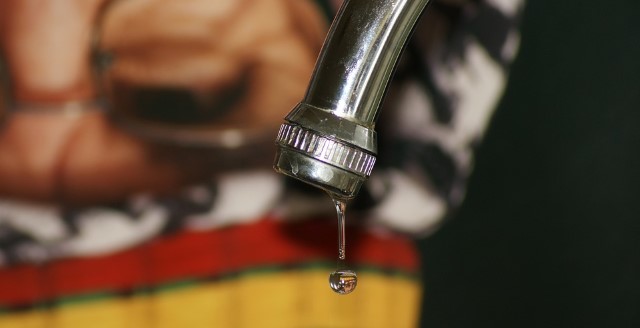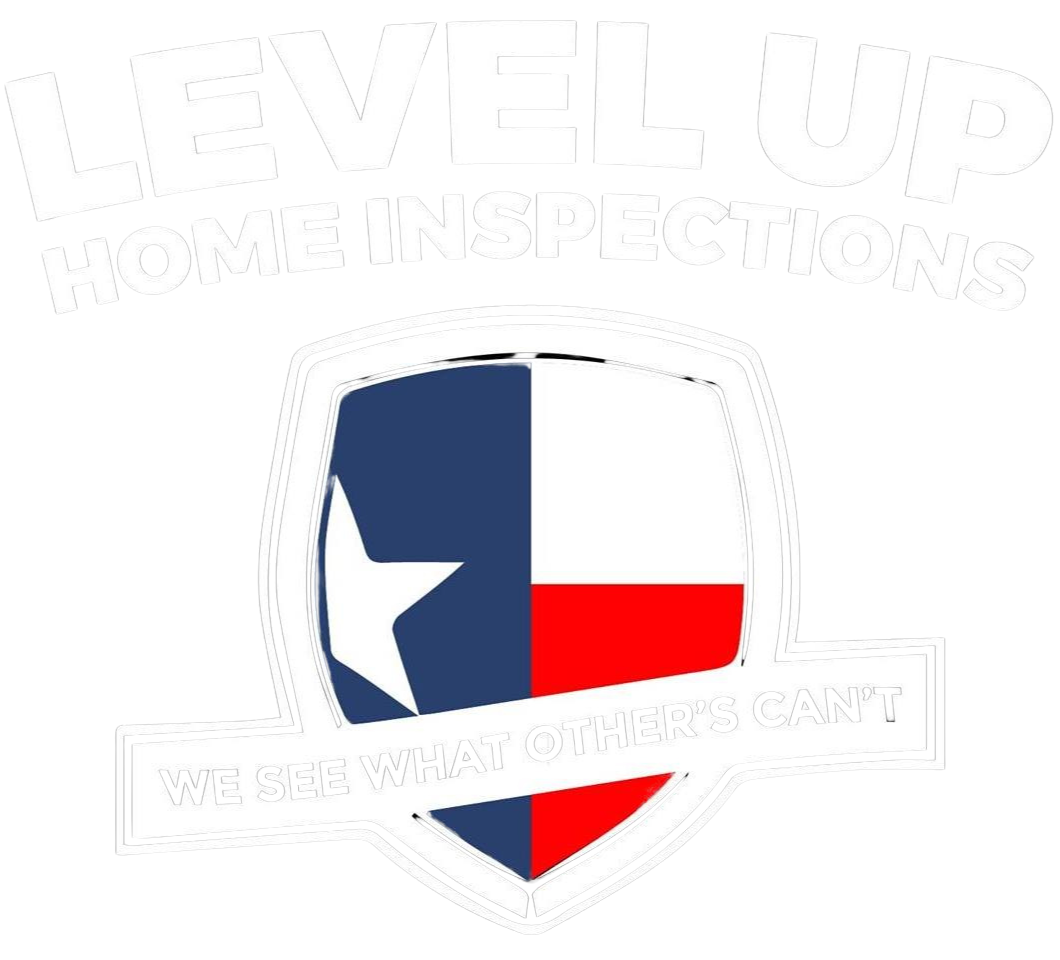Plumbing leaks are one of the most common and costly problems homeowners face. A small drip may seem harmless, but over time, it can lead to water damage, mold growth, and expensive repairs. Understanding how to detect, prevent, and fix leaks can help protect your home and save you money.
Common Causes of Plumbing Leaks
Leaks can occur in various parts of your plumbing system due to several reasons:
- Worn-Out Seals and Gaskets: Over time, seals around pipes and fixtures degrade, leading to leaks.
- Corroded Pipes: Older plumbing systems, especially those with metal pipes, can rust and develop holes.
- High Water Pressure: Excessive water pressure can strain pipes and cause them to crack or burst.
- Clogs and Blockages: Built-up debris or mineral deposits can put stress on pipes, leading to leaks.
- Loose Connections: Improperly installed or aging pipe connections may loosen over time.
- Temperature Fluctuations: Pipes expand and contract with temperature changes, increasing the risk of cracks and leaks.
How to Detect a Plumbing Leak
Early detection is key to preventing costly damage. Here are some signs to watch for:
- Unexplained Increase in Water Bills: A sudden spike in your bill could indicate a hidden leak.
- Damp or Discolored Walls and Ceilings: Water stains or peeling paint may suggest a slow leak behind walls.
- Musty Smells or Mold Growth: Persistent moisture encourages mold and mildew development.
- Water Sounds When Pipes Aren’t in Use: If you hear running water when no taps are on, you may have a leak.
- Low Water Pressure: A drop in pressure could indicate a leak or blockage in your system.
Preventing Plumbing Leaks
Taking proactive steps can help reduce the risk of leaks in your home:
- Inspect Pipes Regularly – Check under sinks, around appliances, and in basements for signs of leaks.
- Replace Worn-Out Washers and Seals – Routine maintenance of fixtures can prevent small leaks.
- Monitor Water Pressure – Use a pressure gauge to ensure your home’s water pressure stays within the recommended range (40-60 psi).
- Soften Hard Water – If your home has hard water, installing a water softener can help reduce mineral buildup in pipes.
- Insulate Pipes in Cold Climates – Prevent frozen and burst pipes by adding insulation during winter months.
- Fix Minor Leaks Promptly – A small drip can turn into a major problem if left unaddressed.
How to Fix a Plumbing Leak
If you discover a leak, taking immediate action can prevent further damage:
- Shut Off the Water Supply – Locate your main water shutoff valve to stop the flow of water.
- Identify the Source of the Leak – Check visible pipes and connections for the problem area.
- Use Temporary Fixes – Pipe tape, epoxy putty, or pipe clamps can serve as short-term solutions.
- Replace Damaged Pipes or Fixtures – For persistent leaks, replacing the affected parts is the best long-term fix.
- Call a Professional Plumber – If the leak is severe or hard to locate, seeking expert help is recommended.
Final Thoughts
Plumbing leaks can cause significant damage if left unattended, but with proper prevention and prompt repairs, homeowners can avoid major issues. Regular maintenance, early detection, and knowing how to handle small leaks can protect your home and save you from costly repairs. Stay proactive, and keep your plumbing system in top shape!

